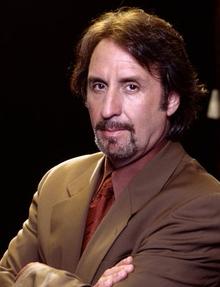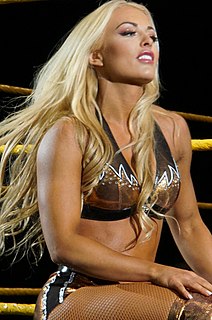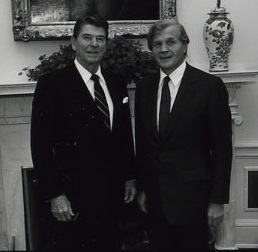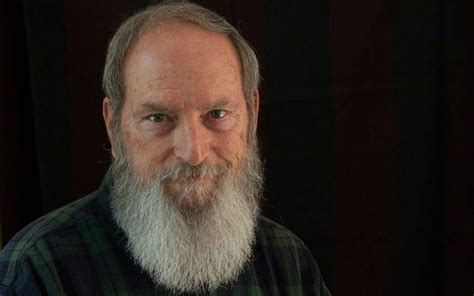A Quote by Cornel West
Once you begin to talk about wealth inequality, especially as it relates to corporations and big banks, or engage in an indictment of U.S. foreign policy, you are really getting at the center of a society that is very fearful of that kind of critique.
Related Quotes
It's clear that he was incredibly courageous in his critique of white supremacy, wealth inequality, and imperial power as it relates to war in particular. But it's easy to deodorize Martin King, to sanitize or sterilize him. And I simply want to reveal his radical love and his radical analysis as what they really were.
If [Donald Trump] doesn't make sure that all the foreign government payments - and this includes banks and other corporations owned by foreign governments and sovereign wealth funds, that all of that money is not out of the Trump organization by Friday [20 Jan.2017], when he takes the oath, he will be in violation of "The Constitution."
Pakistan is, I always feel, hopeful. You know, our system of government is not, and the system of foreign policy whereby we do whatever is asked of us as long as the price is right only proves to fundamentalist outfits and to militant groups that when we talk of things like democracy, when we talk of things like foreign policy, what we're really talking about is being pro-American.
I think the critical point, really, is that we need to focus black economic empowerment more on the creation of new wealth rather than on these big deals that have been characteristic of this process in the past, of people going to banks, borrowing a lot of money, buying this and when the shares don't perform very well, the shares go back to the banks, because there's other people who own this anyway. I think we need to re-focus it so that it really does impact on growth, new investment, new employment and a general, better spread of wealth in South Africa.
If I were Donald Trump, I would definitely not pick Mitt Romney because it's very easy for Mitt Romney to have have a separate foreign policy operatus in the State Department that would run a dissenting foreign policy from the White House foreign policy. There, I think the populist America-first foreign policy of Donald Trump does run against a potential rival.




































